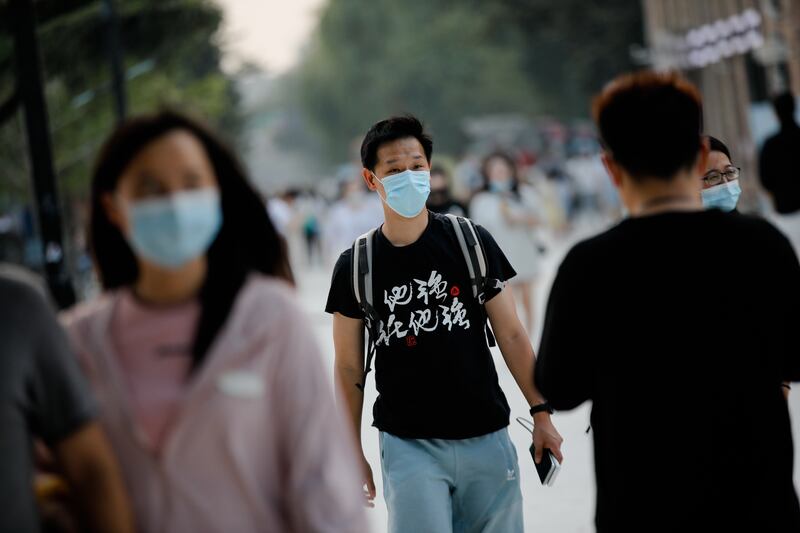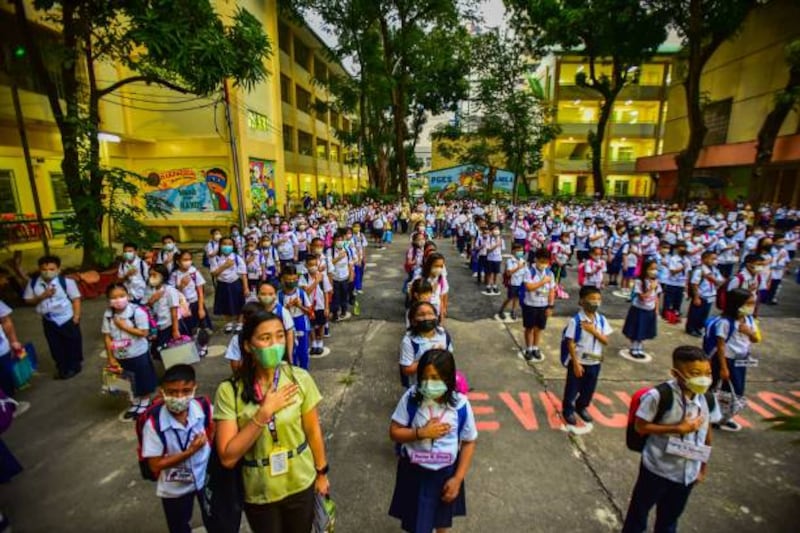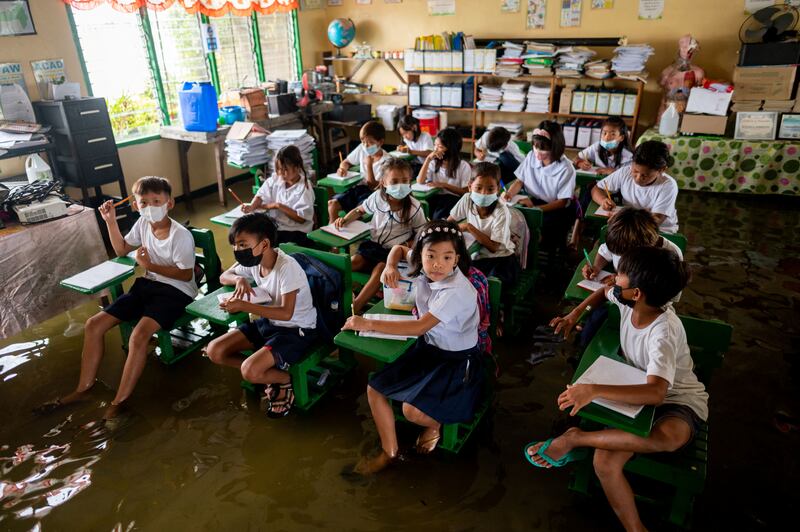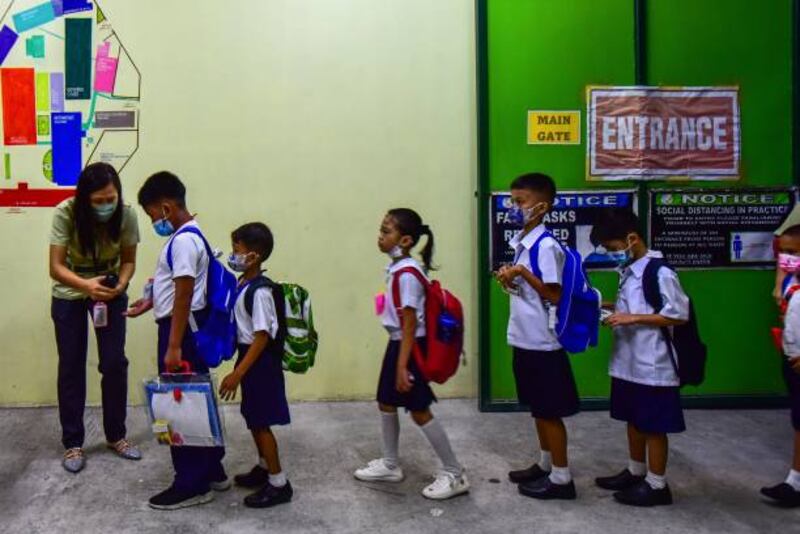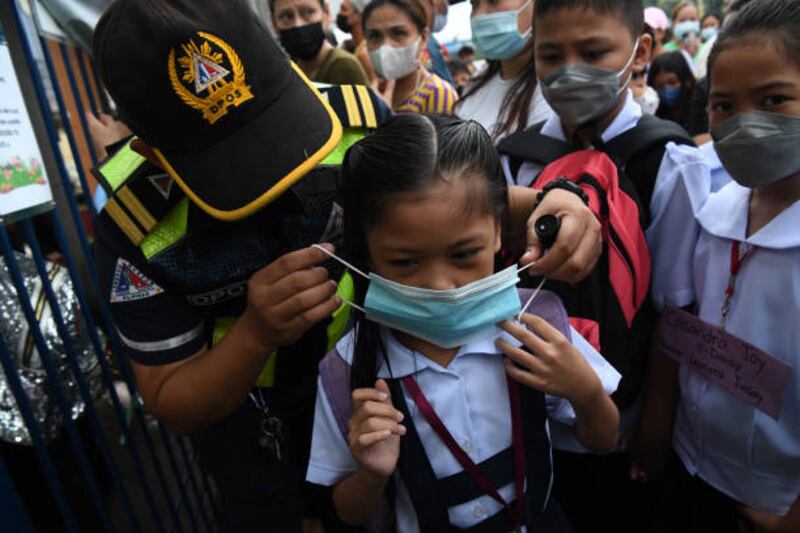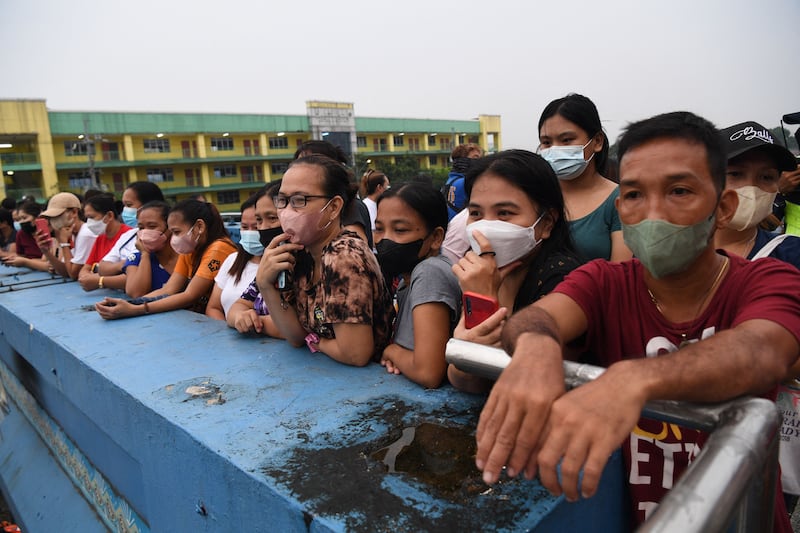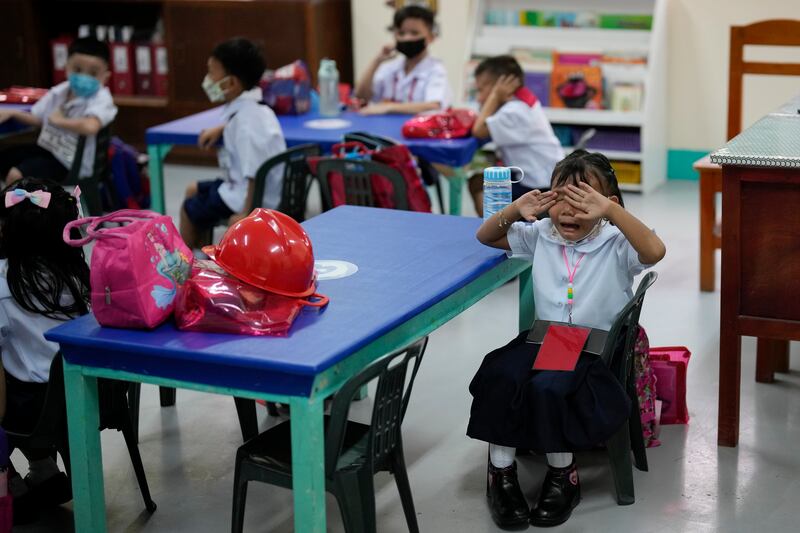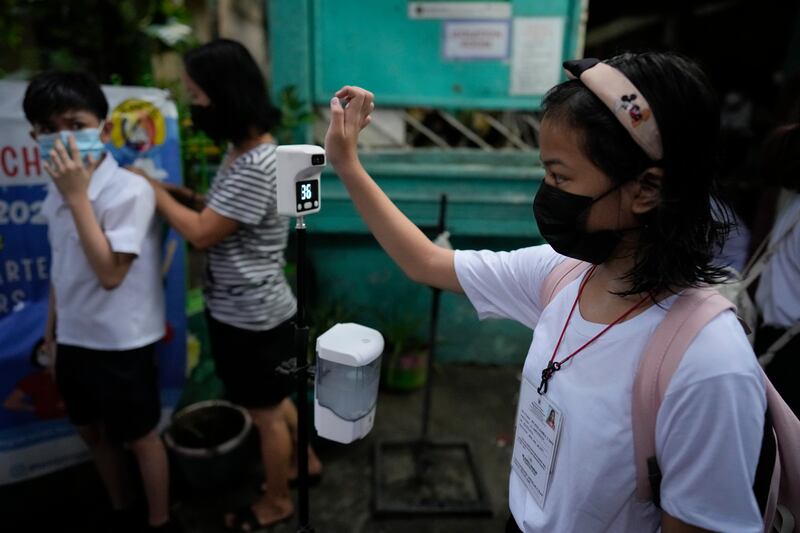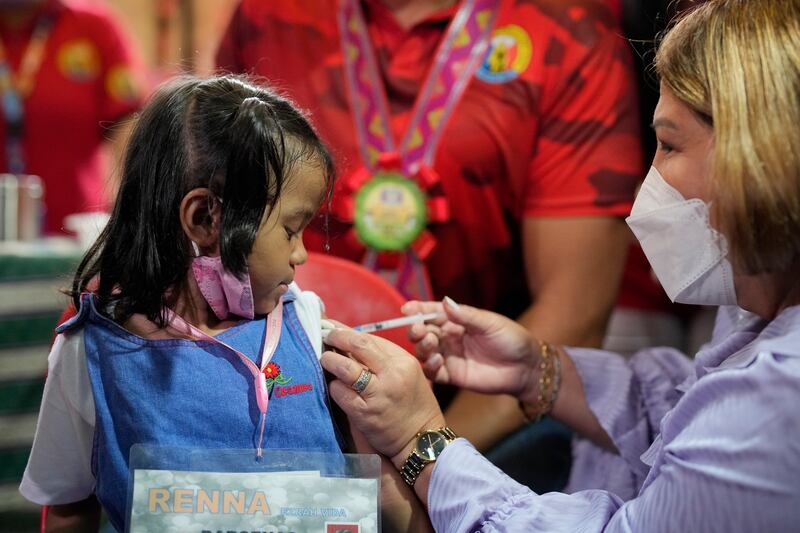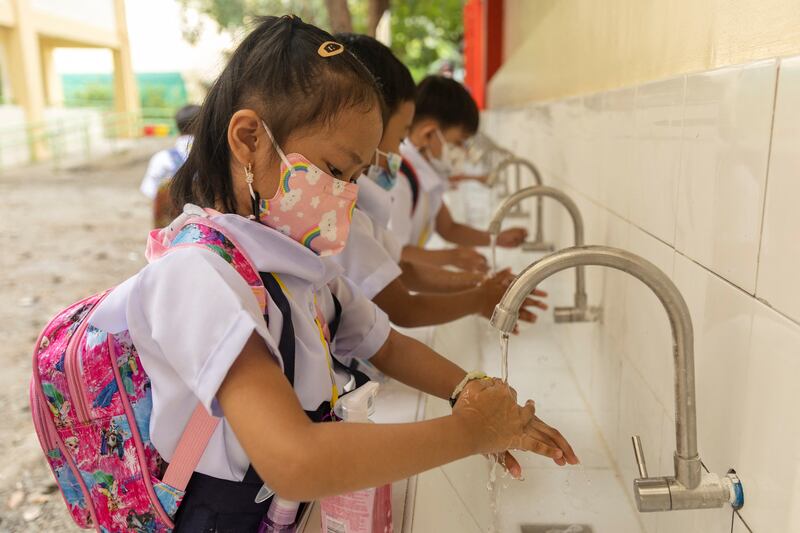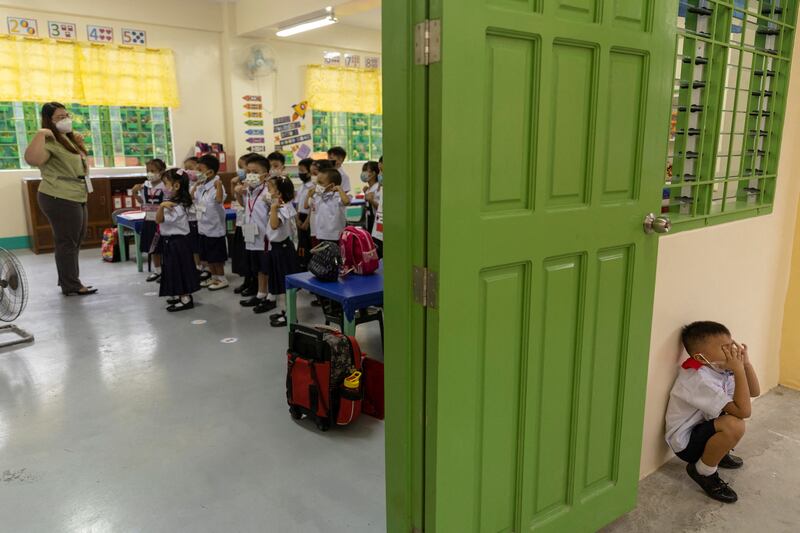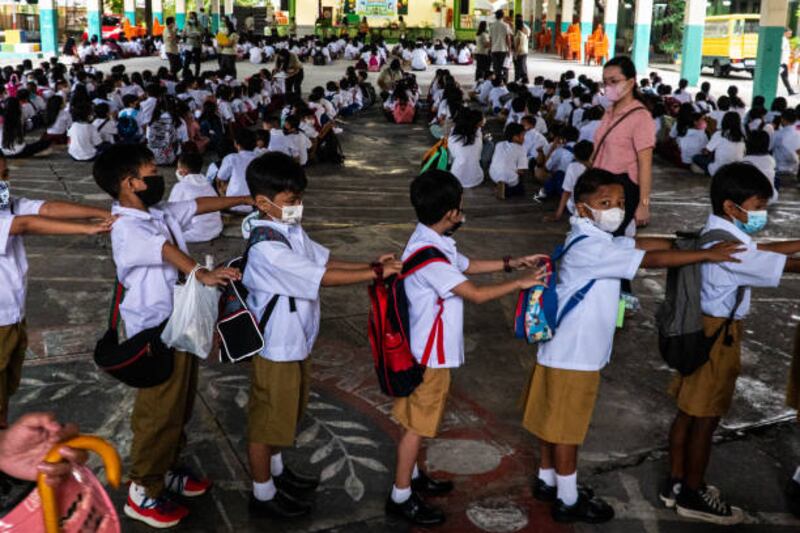A wide-ranging report into the Covid-19 pandemic has condemned the global response as a "massive failure" brought about by slow decision making from public health authorities and a lack of international co-operation.
The Lancet Covid-19 Commission report, released on Wednesday, is the result of two years' work by more than 28 renowned experts in epidemiology, public policy and international governance.
The authors say that the estimated death toll of 17.7 million people is the result of failures in "transparency, rationality and basic public health practice" that have ultimately reversed progress made towards the UN's Sustainable Development Goals.
In particular, the peer-reviewed paper singles out "costly" delays by the World Health Organisation in declaring a global health emergency as reports of the virus's airborne and highly transmissible pathogen were beginning to emerge in early 2020.
The report also outlines its recommendations to prevent further public health threats from reoccurring, including a return to multilateral co-operation, significant reform of the WHO and increased pandemic preparedness.
The report also says that misinformation, fuelled by social media, resulted in a backlash and hampered basic public health measures, such as vaccines and wearing face masks.
Chair of the Commission, Prof Jeffrey Sachs of Columbia University, described the response as a "staggering failure" that was partly fuelled by geopolitical posturing, particularly between the US and China.
Speaking to The National, Prof Sachs was scathing about the lack of leadership, particularly from Washington, in the early stages of the outbreak.
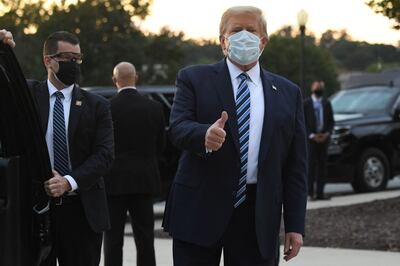
"The Trump administration basically walked out of the WHO in mid-2020, leaving the organisation in the lurch and caught in the US-China geopolitical conflict," he said. "This was an utter debacle, and a setback on many fronts."
"The pandemic was too often handled by politicians more interested in the daily news cycle than in public health: Trump, Boris Johnson, Jair Bolsonaro — the list is long," he added.
The report makes it clear that greater involvement in the WHO from heads of state from each region would have supported better decision making at that level.
"It would have been enormously helpful if the WHO could have turned systematically to a council of heads of government to sustain vital political support and global co-ordination, even as Mr Trump went into his pre-election tantrum," Prof Sachs said.
According to Prof Sachs, countries and territories in the Asia-Pacific region, including China, Taiwan, Hong Kong, South Korea, Australia and New Zealand performed best in responding to the virus.
He believed that some health authorities had learnt the lessons of the Sars outbreak, but the Europe and the US did not, leading to a significantly higher death rate in those regions.
The commission report favours a "vaccine plus" strategy as a way to emerge from the pandemic.
This would combine effective public health measures and a high level of vaccine coverage, which can slow the emergence of variants and reduce the risk of new waves of infection.
"The faster the world can act to vaccinate everybody, and provide social and economic support, the better the prospects for exiting the pandemic emergency and achieving long-lasting economic recovery,” said co-author Prof Salim Abdool Karimc.
Authors have called for reform of the WHO and greater involvement from heads of state representing each region "to better support decision-making and actions, especially on urgent and controversial matters".
The report has also called for $60 billion yearly for pandemic preparedness and health system strengthening in developing countries. This could be achieved with the support of WHO, the G20, and major financial institutions such as the World Bank.
In addition, it also recommends a 10-year effort by G20 countries to bolster research and development in pandemic control tools "including testing, diagnostics, vaccines, treatments and PPE, alongside support and training for health workers in low and middle-income countries."
It comes as the number of newly reported Covid cases has dropped to the lowest level since March 2020, prompting the WHO to say that the end of the pandemic was in sight.
